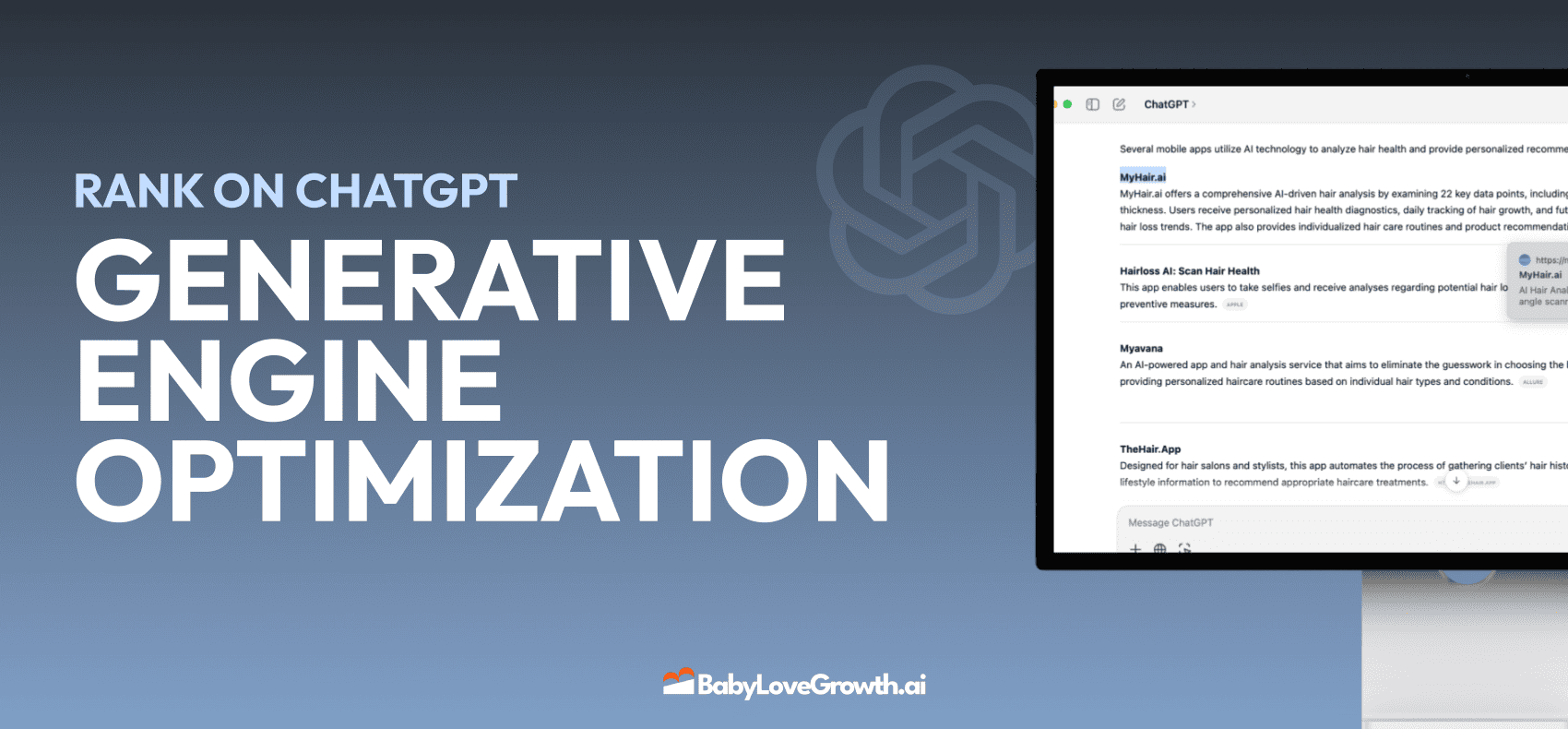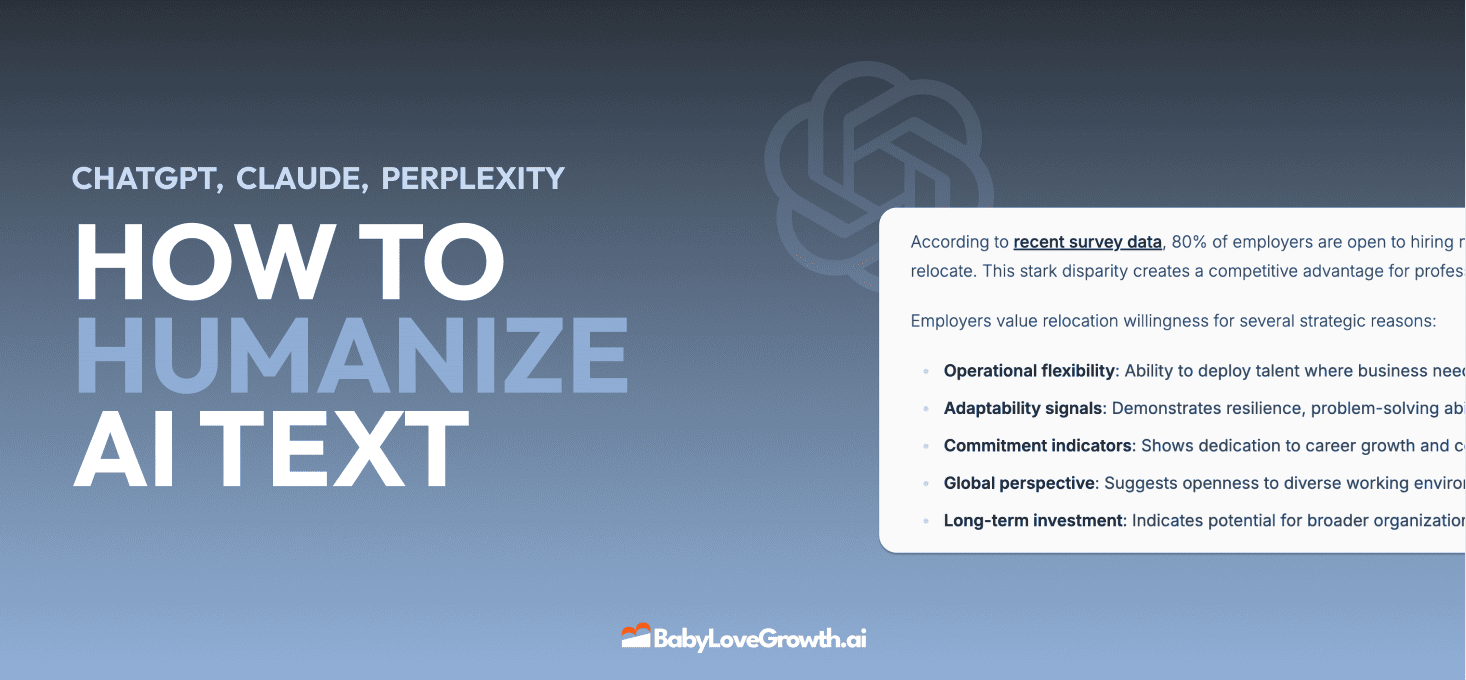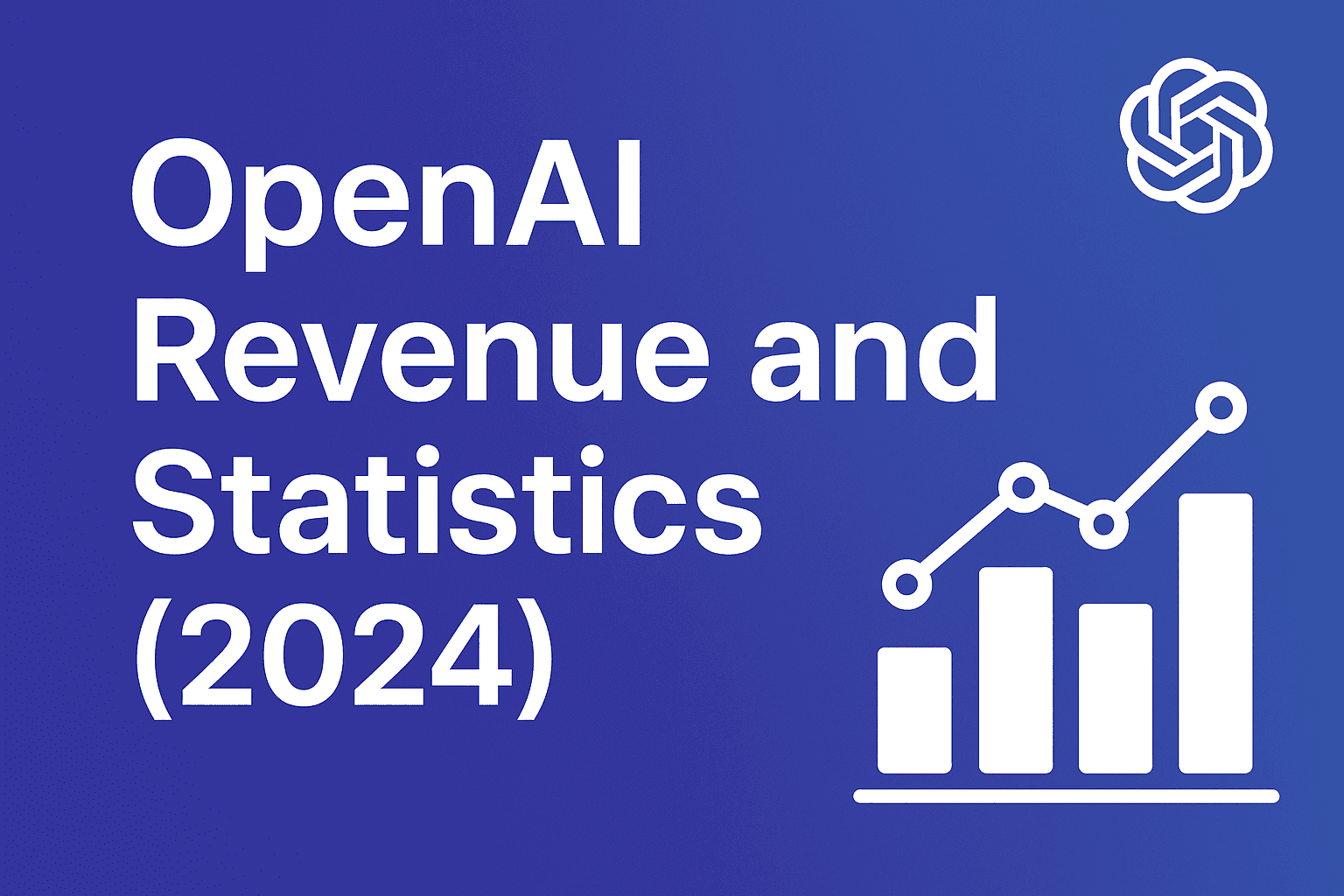Understanding SEO Best Practices for Your Business


SEO best practices shape which businesses get noticed first online and which ones fade into the background. Some companies see jaw-dropping results, with the top-ranked sites capturing over 25 percent of all search clicks. Most people expect complex hacks or shortcuts to rise in the rankings. That is where the surprise hits because real SEO breakthroughs come from a relentless focus on quality content and technical structure, not tricks or shortcuts.
Table of Contents
- What Are SEO Best Practices And Why Do They Matter?
- How SEO Best Practices Influence Search Engine Rankings
- Key Components Of Effective SEO Strategies
- Real-World Examples Of SEO Best Practices In Action
- The Future Of SEO Best Practices In A Changing Digital Landscape
Quick Summary
| Takeaway | Explanation |
|---|---|
| Optimize content for user intent | Create high-quality, informative content that directly addresses what users are searching for. |
| Prioritize technical SEO strategies | Ensure your website is fast, secure, and easy to navigate for improved search visibility. |
| Regularly update SEO practices | Continuously adapt your strategies to keep up with evolving search engine algorithms and technologies. |
| Leverage AI and emerging technologies | Utilize advancements in AI for personalized content and improved search experiences. |
| Build strong external credibility | Develop high-quality backlinks to enhance your site's authority and ranking potential. |
What are SEO Best Practices and Why Do They Matter?
Search engine optimization (SEO) best practices are strategic techniques designed to improve a website's visibility, ranking, and performance in search engine results. These practices help businesses connect with potential customers by ensuring their online content appears prominently when users search for relevant information, products, or services.
Understanding Core SEO Objectives
At its foundation, SEO is about creating a seamless, user-friendly digital experience that search engines can easily understand and rank. According to Stanford Medicine, effective SEO involves optimizing a website's structure and content to improve its visibility in search results.
Key objectives of SEO best practices include:
- Improving website accessibility for search engine crawlers
- Enhancing user experience and site navigation
- Generating high-quality, relevant content that answers user queries
- Building credibility and authority within your industry
The Business Impact of SEO
Businesses that implement robust SEO strategies gain significant competitive advantages. Search rankings directly influence online visibility, with top-ranked websites receiving substantially more traffic and potential customer interactions. By following SEO best practices, companies can:
- Increase organic website traffic
- Reduce digital marketing expenses
- Build long-term brand recognition
- Establish industry authority
For deeper insights into developing a comprehensive SEO strategy, read more about our SEO content development guide.
Implementing SEO best practices is not a one-time task but an ongoing process of refinement and adaptation. As search engine algorithms evolve, businesses must continuously update their strategies to maintain and improve their online presence.
How SEO Best Practices Influence Search Engine Rankings
Search engine rankings are not determined by chance but through a complex algorithmic process that evaluates websites based on multiple performance criteria. Understanding how SEO best practices directly impact these rankings helps businesses strategically improve their online visibility.
Algorithmic Ranking Factors
Search engines like Google use sophisticated algorithms that analyze websites across numerous dimensions. According to research from the ACM Web Conference, key ranking factors include content relevance, site performance, user experience, and external credibility signals.
Critical algorithmic ranking factors include:
- Content quality and relevance
- Website loading speed
- Mobile responsiveness
- Security and HTTPS implementation
- User engagement metrics
Content and Technical Optimization Strategies
Successful SEO requires a holistic approach that balances high-quality content with technical website optimization. Websites that demonstrate expertise, authoritativeness, and trustworthiness receive higher ranking priority. This means creating comprehensive, well-researched content that directly addresses user queries while maintaining a technically sound website infrastructure.
Technical optimization involves:
- Implementing clean, semantic HTML
- Creating descriptive meta tags
- Establishing a logical site structure
- Ensuring fast page load times
- Building high-quality backlink profiles
For comprehensive insights into optimizing your digital marketing approach, explore our guide on digital marketing SEO strategies.
The relationship between SEO best practices and search rankings is dynamic and continuously evolving. Search engines regularly update their algorithms, making consistent optimization and adaptation crucial for maintaining and improving online visibility.
Below is a table summarizing the key algorithmic ranking factors that influence search engine rankings, providing a clear comparison between each factor and its specific impact on SEO results.
| Ranking Factor | Description | Impact on SEO |
|---|---|---|
| Content Quality & Relevance | Ensures published content is accurate, thorough, and tailored to user needs | Drives higher rankings and click-through rates |
| Website Loading Speed | Measures how quickly a website loads for users | Improves user experience and decreases bounce rates |
| Mobile Responsiveness | Ensures websites function properly across mobile devices | Enhances accessibility and ranking potential |
| Security (HTTPS) | Utilizes secure HTTP protocols to protect user data | Builds user trust and is favored by search engines |
| User Engagement Metrics | Tracks behavior such as time on site and click-through | Indicates content value and user satisfaction |
| External Credibility Signals | Includes backlinks and third-party references | Boosts authority and trustworthiness |
Key Components of Effective SEO Strategies
Effective SEO strategies are multifaceted approaches that combine technical optimization, content development, and strategic digital marketing techniques.
 These comprehensive strategies help businesses improve their online visibility and attract targeted organic traffic.
These comprehensive strategies help businesses improve their online visibility and attract targeted organic traffic.
Content and Keyword Optimization
Content remains the cornerstone of successful SEO strategies. According to the U.S. Department of Energy, creating unique and descriptive content is crucial for search engine performance.
Key content optimization principles include:
- Developing high-quality, original content
- Integrating relevant keywords naturally
- Addressing user search intent
- Creating comprehensive and authoritative content
- Maintaining consistent content quality
Technical SEO Infrastructure
Technical optimization forms the backbone of any robust SEO strategy. This involves creating a website structure that search engines can easily crawl and understand. Businesses must focus on several critical technical elements to enhance their digital presence.
Critical technical SEO components involve:
- Improving website loading speed
- Ensuring mobile responsiveness
- Implementing secure HTTPS protocols
- Creating clear site navigation
- Developing an XML sitemap
For a deeper understanding of implementing comprehensive SEO strategies, explore our detailed on-page SEO guide.
Successful SEO is not about quick fixes but sustained, strategic efforts that adapt to evolving digital landscapes. Businesses must view SEO as an ongoing process of refinement and optimization, continually aligning their digital presence with user needs and search engine requirements.
The following table outlines the essential components of an effective SEO strategy, categorizing each component and describing its core focus to help clarify their individual contributions.
| Component | Category | Core Focus |
|---|---|---|
| High-Quality Content | Content Optimization | Producing unique, informative, and user-focused content |
| Keyword Integration | Content Optimization | Naturally embedding relevant keywords for search visibility |
| Technical Site Structure | Technical SEO | Building logical, crawlable site architecture |
| Page Load Speed | Technical SEO | Optimizing to ensure fast website performance |
| Mobile Responsiveness | Technical SEO | Creating seamless experiences across devices |
| Secure Protocols (HTTPS) | Technical SEO | Implementing security measures for user trust |
| XML Sitemap | Technical SEO | Assisting search engines in indexing all important pages |
Real-World Examples of SEO Best Practices in Action
Practical implementation of SEO strategies separates successful digital businesses from those struggling to gain online visibility. Understanding how organizations effectively apply SEO principles provides valuable insights into creating impactful digital marketing approaches.
Content Optimization Strategies
Successful content optimization requires more than simply inserting keywords. According to Stanford Medicine, effective strategies involve creating comprehensive, user-focused content that addresses specific search intentions.
Practical content optimization examples include:

- Developing long-form, authoritative articles
- Creating comprehensive guides that answer user questions
- Producing multimedia content like videos and infographics
- Implementing clear, descriptive headings
- Regularly updating existing content with current information
Technical SEO Implementation
Technical SEO transforms websites from static information repositories into dynamic, search-engine-friendly platforms. Organizations that prioritize technical optimization can dramatically improve their digital presence and search rankings.
Technical SEO implementation strategies involve:
- Reducing page load times through image optimization
- Creating mobile-responsive website designs
- Implementing structured data markup
- Developing clean, semantic HTML code
- Establishing robust internal linking structures
Successful SEO is not about quick wins but sustained, strategic efforts that adapt to evolving digital landscapes. Businesses must view SEO as a continuous process of learning, testing, and refining their digital strategies to remain competitive in an increasingly complex online environment.
The Future of SEO Best Practices in a Changing Digital Landscape
The digital marketing ecosystem continues to evolve rapidly, with search engine optimization becoming increasingly sophisticated and complex. Businesses must anticipate and adapt to emerging technologies and algorithmic changes to maintain their competitive edge in online visibility.
Artificial Intelligence and Machine Learning
Artificial intelligence is fundamentally transforming SEO strategies, enabling more nuanced and intelligent content optimization approaches. Emerging AI technologies are reshaping how search engines understand and rank digital content.
Key AI-driven SEO developments include:
- Advanced natural language processing
- Predictive content recommendation algorithms
- Automated content personalization
- Enhanced semantic search capabilities
- Real-time user intent analysis
Emerging Search Technologies
Search technologies are expanding beyond traditional text-based queries. According to research on search engine algorithms, voice search, visual search, and conversational interfaces are becoming increasingly prominent.
Emergent search technology trends involve:
- Integration of voice search optimization
- Increased importance of structured data
- Enhanced mobile and local search capabilities
- Multilingual and cross-platform content strategies
- Contextual and conversational search experiences
The future of SEO is not about gaming algorithms but creating genuinely valuable, user-centric digital experiences. Businesses that embrace continuous learning, technological adaptation, and human-centered content strategies will thrive in the increasingly complex digital ecosystem.
Ready to Simplify SEO Best Practices for Real Results?
You have just learned how evolving SEO best practices can transform your search rankings and drive measurable growth for your business. Many business owners and marketers still struggle with the challenge of keeping up as algorithms shift and customer expectations rise. Worrying about creating high-quality content, optimizing for both Google and ChatGPT, and building authority can feel overwhelming. It is time to stop guessing and start seeing results with a smarter, proven approach.

Babylovegrowth.ai makes powerful SEO easy and accessible for everyone. Take advantage of our AI-driven platform that delivers a fully personalized 30-day content plan plus automated backlink strategies tailored for your growth goals. Experience how businesses use visual proof and step-by-step automation to boost their online visibility on autopilot. Do not miss your chance to start transforming your organic traffic—visit Babylovegrowth.ai now and claim your free trial. If you want deeper insight into advanced SEO strategies, explore our SEO content development guide right away and see what's possible for your business.
Frequently Asked Questions
What are SEO best practices?
SEO best practices are strategies designed to enhance a website's visibility and performance in search engine results. They involve optimizing content, improving site structure, and ensuring that search engines can easily crawl and index a website.
Why are SEO best practices important for businesses?
Implementing SEO best practices increases organic traffic, reduces marketing costs, builds brand recognition, and establishes authority in the industry, allowing businesses to more effectively connect with potential customers.
How do SEO best practices impact search engine rankings?
SEO best practices directly affect search engine rankings by improving website performance based on various factors like content quality, site speed, mobile responsiveness, and user engagement metrics. Higher quality and optimized websites tend to rank better in search results.
What role does content play in SEO best practices?
Content is crucial in SEO best practices. Effective SEO strategies focus on creating high-quality, relevant, and well-structured content that addresses user queries, incorporates keywords, and enhances user engagement, thereby improving overall search engine visibility.
Recommended
- Digital Marketing SEO Meaning 2025: Clear & Practical Guide
- SEO-Friendly URLs: Best Practices for 2025 Success
- SEO Importance for Businesses in 2025: Key Benefits and Strategies
- SEO for Small Businesses in 2025: Proven Strategies for Growth
Smart SEO,
Faster Growth!
Most Read Articles

Generative Engine Optimization (GEO)
Learn how Generative Engine Optimization (GEO) helps your content rank in AI search engines like ChatGPT and Google AI. This comprehensive guide explains the differences between SEO and GEO, why it matters for your business, and practical steps to implement GEO strategies for better visibility in AI-generated responses.

Track LLM Traffic in Google Analytics 4 (GA4)
Learn how to track and analyze traffic from AI sources like ChatGPT, Claude, Perplexity, and Google Gemini in Google Analytics 4. This step-by-step guide shows you how to set up custom filters to monitor AI-driven traffic and make data-driven decisions for your content strategy.

How to Humanize AI Text with Instructions
Learn practical techniques to make AI-generated content sound more natural and human. This guide covers active voice, direct addressing, concise writing, and other proven strategies to transform robotic text into engaging content.

Open AI Revenue and Statistics (2024)
Comprehensive analysis of OpenAI financial performance, user engagement, and market position in 2023. Discover key statistics including $20B valuation, $1B projected revenue, and 100M+ monthly active users.